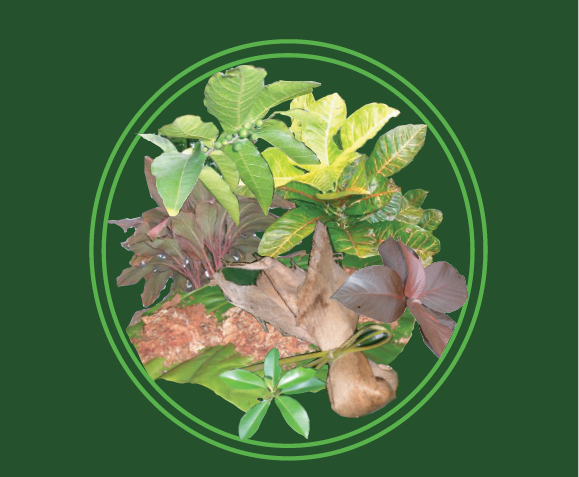A partnership forged between the Department of Environment and the Fiji Revenue and Customs Service will assist the authorities to clamp down the illegal trafficking of plant and animal species at our borders.
Director for Environment Sandeep Singh made the statement yesterday at the opening of the Convention on International Trade in Endangered Species of Wild Fauna and Flora (CITES) training for Customs Border Control officers in Nasese, Suva.
Ms Singh said environmental crime such as wildlife trafficking was fast becoming a lucrative business worldwide and according to reports from CITES Secretariat, $US10 billion ($F21b) worth of plants and animal species were traded globally each year.
“This wildlife trade ranges from live species such as parrots and plants to wildlife products derived from them example handbags made from crocodile leather, wooden musical instruments made from mahogany and ornaments such as turtle shell jewellery.
“With the loss of natural habitat and the ever increasing trade, thousands of plants and animals are rapidly disappearing from the planet.” Ms Singh said the need to stop illegal wildlife trade and combat illegal environmental crime had gained an increasingly prominent place on the political agenda over the past years.
“Tackling this multi-million dollar illegal industry is not an easy task for any country; let alone any organisation. We cannot do it alone.
“It calls for collective efforts at all levels.
“Co-ordination and engaging in partnership is essential to cease illegal trade of wildlife,” Ms Singh said.
She said combating illegal wildlife trade depended not only on action by border control officers, police or the Government of Fiji but globally through consolidated efforts and co-operation from the World Customs Organization, the International Environment Agencies and government, NGOs, civil society organisations and citizens of the world.
“I look forward to affirmative outcomes from this training with strengthened partnership and collaboration towards the protection of CITES listed species and species that are indigenous to Fiji that needs close border protection from illegal trafficking.”





